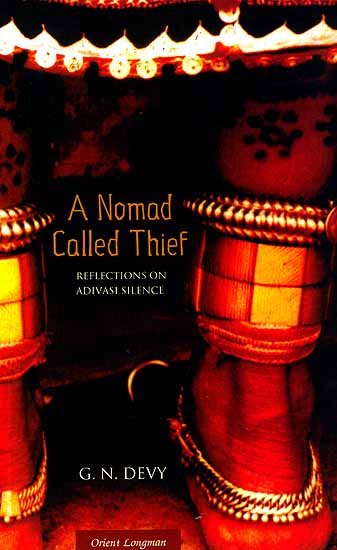Many of the modern day gypsies can be traced back to the nomadic tribe called Roma. In Europe, they were referred to as the goddess-worshippers. This goddess was none other than Kali. They were later referred to as gypsy, as they believed that they came from Egypt before spreading to European countries.
The tribe Roma also make a claim that their ancestors were an ancient warrior class in Punjab. It is said that this claim points out to Mohenjo Daro, one of the earliest towns in the Indus Valley Civilisation in the Sindh area.
DNA research is also said to have established the European gypsies’ genes to Northern India. It is believed that the various invasions in India led to the exodus of this tribe in three waves which led to the spread of the tribe across Persia, Turkey, Greece, Europe, Spain, Russia, Finland, Egypt and Morocco.
The gypsies prefer being called Romany. They have retained the Romany language, which finds its roots in Sanskrit. […]
While suspicions have led to wide scale persecution, the world also acknowledges their amazing contribution, especially to music and dance. From guitar to violins in places like Hungary, the flamenco dances in Spain and Oriental dances in Egypt is said to originate from them.
Source: Where do gypsies come from? – The Times of India, Life, May 14, 2013
Address: https://timesofindia.indiatimes.com/where-do-gypsies-come-from/articleshow/18791132.cms
Date Visited: 14 January 2022
[Bold typeface added above for emphasis]
Related posts: Gypsies or Gypsy >>
Up-to-date reports by Indian journalists and commentators
To search Indian periodicals, magazines, web portals and other sources safely, click here. To find an Indian PhD thesis on a particular tribal community, region and related issues, click here >>
Search tips
Combine the name of any particular state, language or region with that of any tribal (Adivasi) community.
Add keywords of special interest (music, poetry, dance just as health, sacred grove and biodiversity); learn about the rights of Scheduled Tribes such as the “Forest Rights Act” (FRA); and the United Nations “Declaration on the Rights of Indigenous Peoples”, “Universal Declaration of Human Rights”, “women’s rights”, or “children’s right to education”.
Ask a question that includes “tribal” or “Adivasi”, for instance: “Adivasi way of life better?” (or “tribal way of life worse?”)
Specify any particular issue or news item (biodiversity, bonded labour and human trafficking, climate change, ecology, economic development, ethnobotany, ethnomedicine, global warming, hunter-gatherers in a particular region or state, prevention of rural poverty, water access).
For official figures include “scheduled tribe ST” along with a union state or region: e.g. “Chhattisgarh ST community”, “Himalayan tribe”, “Scheduled tribe Tamil Nadu census”, “ST Kerala census”, “Particularly Vulnerable Tribal Group Jharkhand”, “PVTG Rajasthan”, “Adivasi ST Kerala”, “Adibasi ST West Bengal” etc.
In case the Google Custom Search window is not displayed here try the following: (1) toggle between “Reader” and regular viewing; (2) in your browser’s Security settings select “Enable JavaScript” | More tips >>
Note: hyperlinks and quotes are meant for fact-checking and information purposes only | Disclaimer >>

Reflections on Adivasi Silence and Voice by Ganesh [G.N.] Devy | Publications >>
A call for harnessing the potential of Denotified Tribes, Nomadic and Semi-Nomadic Tribes for national development: “India’s labour force must be liberated from an abhorrent colonial doctrine (‘criminality by birth’)” – Report and Recommendations of the Technical Advisory Group | “Adivasi”, “Tribals” and “Denotified tribes” (classifications in different states) >>